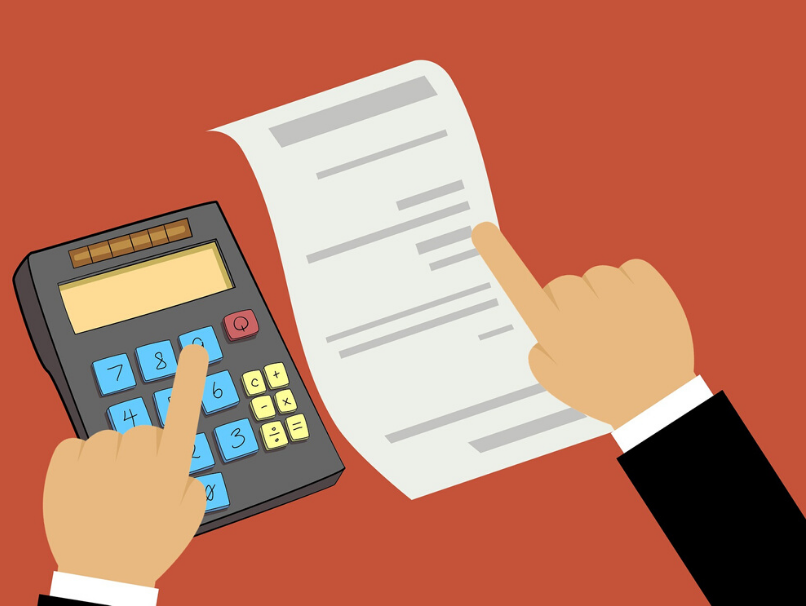VAT for Ecommerce Beginners


As experts in accounting for e-commerce businesses, we see a lot of startup and smaller E-commerce sellers tying themselves in knots over the VAT rules.
So we have prepared this guide to answer some of the questions we are routinely asked on VAT for ecommerce beginners.
There are two instances in which any business must register for VAT:
A taxable supply includes goods that would be standard or zero-rated supplies but not exempt supplies.
A business can voluntarily register for VAT even if it is not making taxable supplies above the threshold and this would be beneficial when:
A business needs to issue a VAT invoice when it makes a standard-rated supply to a VAT-registered customer.
A VAT invoice is not required if the supply is exempt, zero rated or if the supply is to a non-VAT registered customer.
A VAT invoice should be issued within 30 days of the date the supply of goods is treated as being made.
The following information is required on a valid VAT invoice:
Let’s break this one down into two parts:
When a business imports goods into the UK from the EU then VAT has to be accounted for at the date of acquisition. This is the earlier of the invoice date or the 15th day of the month following the month the goods entered the UK.
The VAT charges fall under the ‘reverse charge scheme’ where the business will account for the VAT charge as output VAT and then reclaim it as input VAT meaning there is effectively no VAT charge
Where a UK VAT-registered business is making taxable supplies to other VAT-registered businesses in the EU then the supply is zero-rated.
This means that supplies to VAT-registered EU businesses fall within the definition of “taxable supplies” and should be included when considering if a business has over a 12-month period or will in the next 30 days exceed the VAT threshold and have to register.
Goods supplied to a non-VAT registered customer in the EU must be treated like a UK sale with VAT applied as normal.
As an Ecommerce entrepreneur, you will need to register for VAT if in the last 12 months, or in the next 30 days you reasonably expect that your taxable supplies will exceed the VAT threshold of £85,000.
The term ‘taxable supplies’ includes all standard and zero-rated supplies, which includes anything sold within the EU.
It may be beneficial to a trader making zero-rated supplies to voluntarily register for VAT so that they can reclaim any input VAT on purchases ahead of exceeding the threshold.
In addition, there are a number of VAT schemes that a business can register for providing they meet the eligibility criteria and these include:
If you have any questions or you’re unsure about anything regarding your Ecommerce business and VAT, feel free to contact us and speak to one of our team members.
We’re more than happy to help you with your Ecommerce business, you can drop us a message on our Contact Us page.
Or you can book a free, non-obligation discovery call with our team via our calendar below.